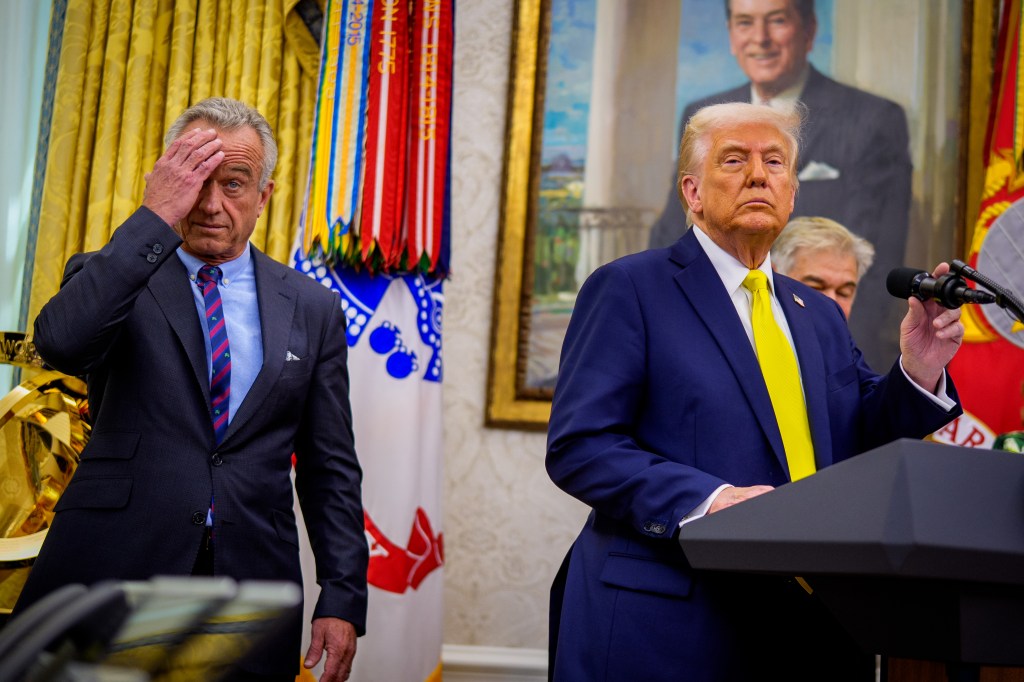The Evolving Impact of 9/11: Health Programs, Policy, and Ongoing Challenges

The attacks of 9/11 continue to shape American society and policy decades later. While annual remembrances focus on honoring those lost and the first responders, the ripple effect of that historic day extends far beyond memorials. This article dives into the ongoing impact on health programs, policy decisions, and the lives of survivors and responders affected by 9/11.
Lasting Health Impact on Survivors and Responders
The collapse of the Twin Towers released toxic chemicals into the air. This exposure led to a surge of chronic illnesses among thousands of first responders and New York City residents. To address these health challenges, the World Trade Center Health Program (WTCHP) was created. The program provides monitoring, treatment, and support to more than 130,000 individuals impacted by 9/11.
However, in recent months, the WTCHP has faced significant pressures. Layoffs and operational shakeups have sparked fears among advocates that patient care and access to vital services might suffer. As highlighted by NY1 News, recent staff reductions have disrupted the regular enrollment of new patients and even delayed urgent treatment approvals. These developments have raised alarms among lawmakers and families relying on the program.
Political Controversy and Program Funding
The tense political environment around 9/11 survivor care was further inflamed by late-night firings and changes within the WTCHP. Notable leaders, including Senators Chuck Schumer and Kirsten Gillibrand, expressed outrage over perceived attempts to dismantle the program. In a New York Post report, lawmakers described the situation as "political chaos," warning it puts the health of "American heroes" in jeopardy.
Despite reassurances from the Department of Health and Human Services, persistent staff cuts and conflicting messages have left many 9/11 survivors and responders uncertain about their future care. These issues underscore the ongoing need for bipartisan cooperation to safeguard resources and services for those affected.
Recent Developments: Staff Reinstatements and Ongoing Disputes
In response to public outcry, some staffing reductions at the WTCHP and affiliated agencies were recently reversed. Several news outlets report that notices of termination have been rescinded for certain employees, with some being asked to return to work. CBS News detailed how federal intervention led to reinstating staff at key agencies, including the Centers for Disease Control and Prevention and the Food and Drug Administration. While this move brought temporary relief, concerns linger about the program's long-term stability.
Call to Action: Protecting the Health of 9/11 Survivors
The story of 9/11 did not end with the restoration of the World Trade Center skyline. It continues in the struggles of survivors, first responders, and their families. As challenges to the World Trade Center Health Program highlight, ongoing vigilance and public advocacy are required to ensure that those affected receive the care and respect they have earned. The nation must continue to honor 9/11's legacy—not only in words, but through meaningful action and support.
If you want to learn more about the current challenges facing the 9/11 health programs, read these detailed reports: CBS News on HHS layoffs and reinstatements, NY1 News on WTCHP patient care concerns, and The New York Post on political debates over funding.